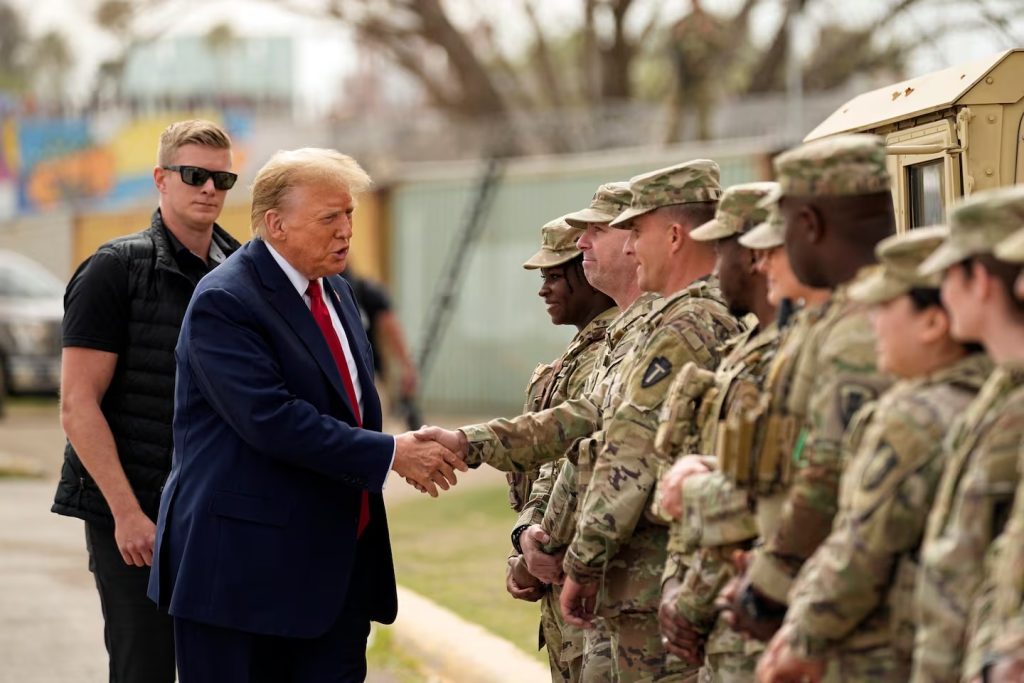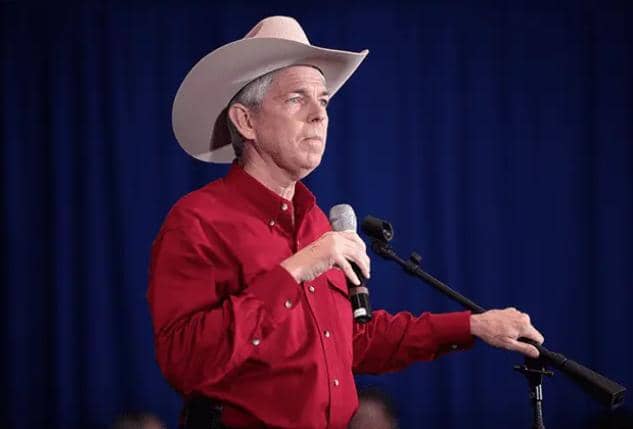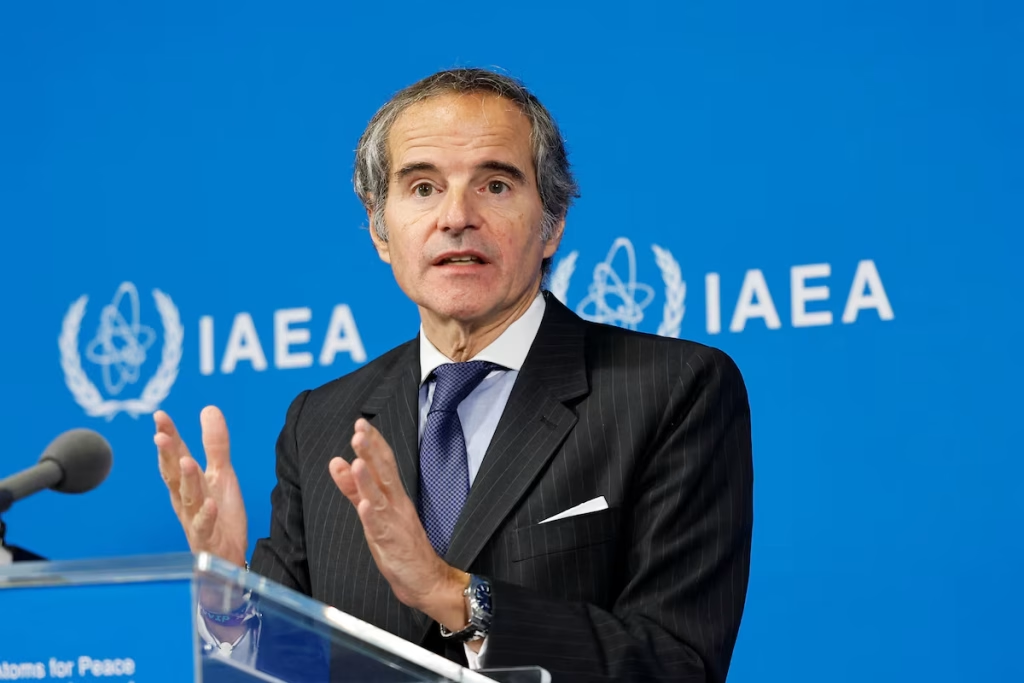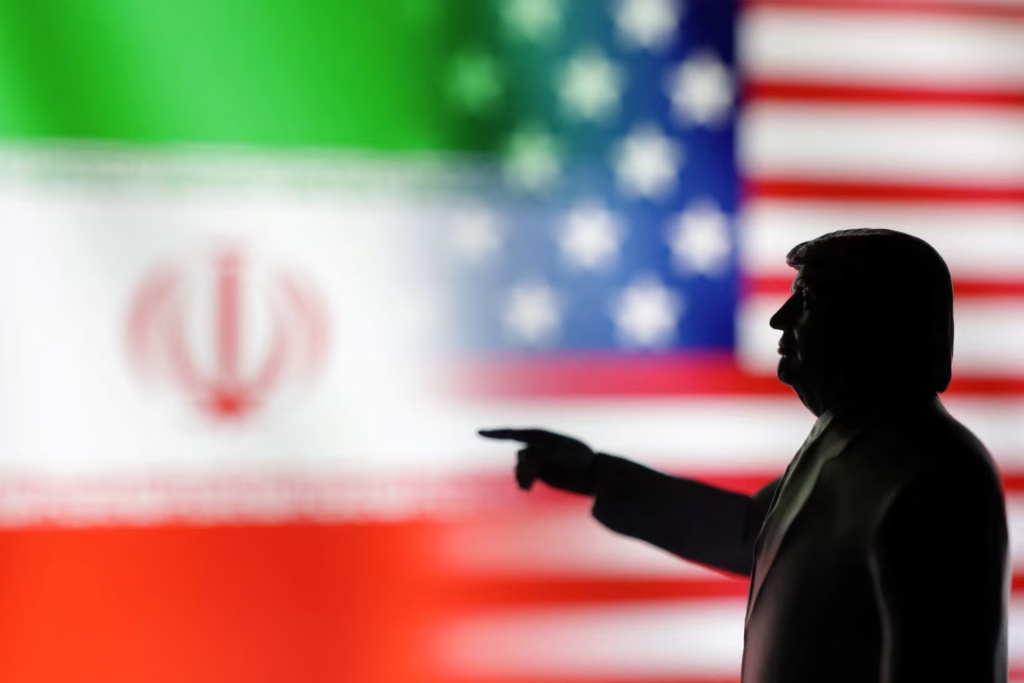World
Tehran says Trump’s travel ban an outrageous assault on Muslim dignity
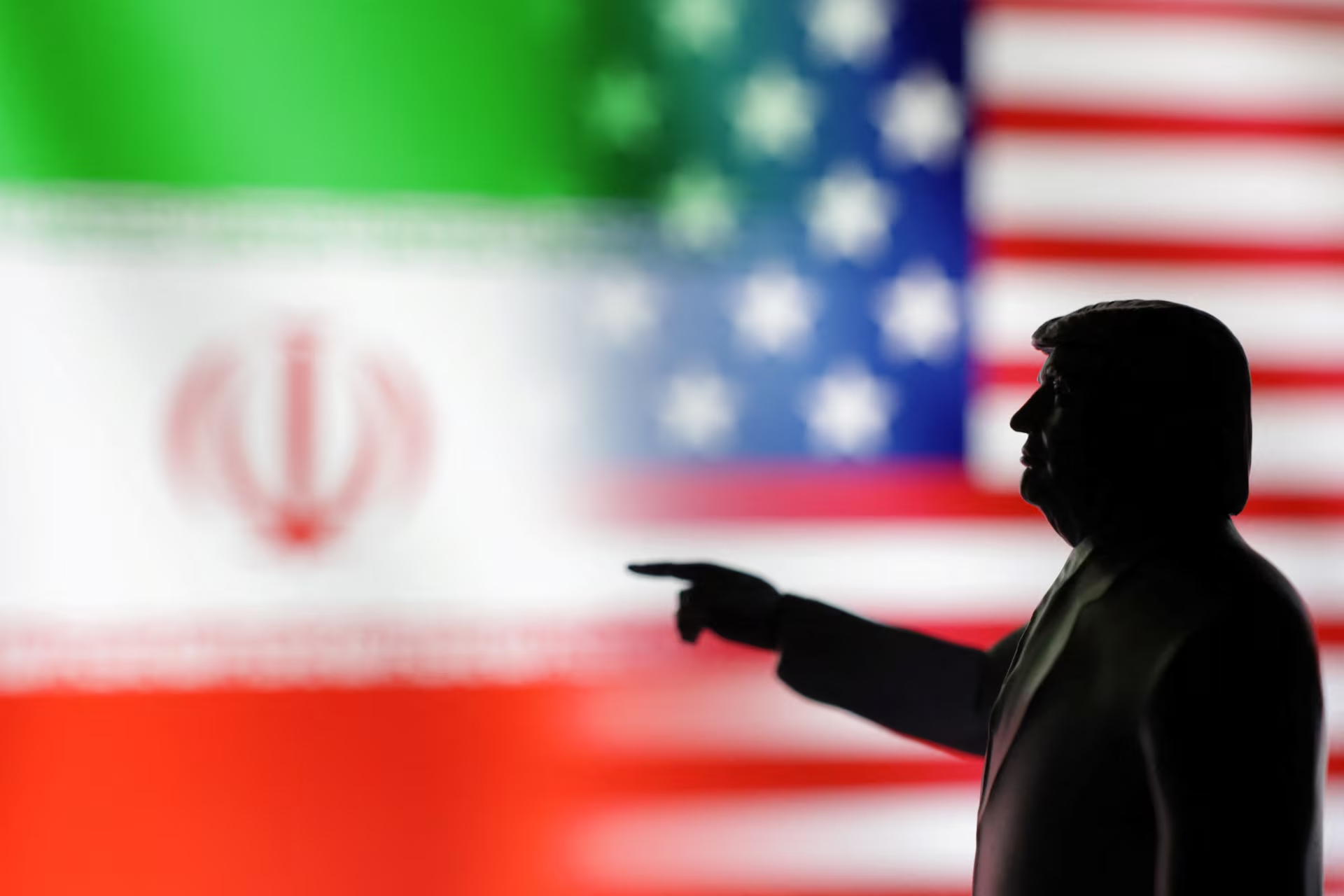
Tensions flared across diplomatic circles on Saturday as Iran launched a fiery condemnation of U.S. President Donald Trump’s new travel ban, accusing Washington of “deep hostility” against Iranians and Muslims.
In a strongly worded statement posted on X (formerly Twitter), a senior Iranian foreign ministry official lashed out at the decision.
“The ban on Iranian nationals—purely based on their religion and nationality—reflects deep hostility by American decision-makers,” the statement read.
The official further stated that Trump’s action violated both international law and the universal principles of human rights.
Trump’s new travel ban targets 12 countries: Afghanistan, Myanmar, Chad, Congo Republic, Equatorial Guinea, Eritrea, Haiti, Iran, Libya, Somalia, Sudan, and Yemen.
The former president claimed the ban was necessary to protect the U.S. from “foreign terrorists,” citing national security threats.
However, rights groups and foreign governments say the policy deliberately targets Muslim-majority nations and promotes Islamophobia.
Iran was swift to denounce the move, calling it a repetition of Trump’s controversial 2017 ban, which affected seven Muslim-majority countries and sparked global outrage.
Tehran described the latest ban as a “recycled scheme rooted in racial and religious prejudice.”
At a press briefing, Iran’s foreign ministry spokesperson Esmaeil Baghaei said:
“These sanctions and bans are not about security—they are political weapons aimed at humiliating a sovereign nation and its people.”
Baghaei warned that the new restrictions will escalate tensions in an already volatile Middle East.
Adding fuel to the fire, the United States also imposed fresh sanctions on more than 30 individuals and entities linked to Iran’s “shadow banking” operations.
U.S. authorities claim the targeted network laundered billions of dollars through global financial channels to bypass existing sanctions.
Baghaei slammed the sanctions, labeling them “illegal and coercive,” and accused Washington of using financial warfare to destabilize Iran’s economy.
He emphasized that the latest punitive actions were part of a broader campaign to isolate Iran and provoke internal unrest.
“These moves expose America’s systematic hostility and disregard for lawful international norms,” he stated on state television.
The timing of the dual policy shock—travel bans and financial sanctions—has drawn criticism from human rights organizations.
They argue that such measures inflict collective punishment on innocent civilians and deepen global divisions.
Trump’s camp maintains that the travel restrictions are strictly for national security purposes.
Analysts, however, interpret the move as a strategic pivot to rally conservative support ahead of the 2026 midterms and possible 2028 presidential bid.
In response, Iranian lawmakers have demanded immediate diplomatic responses, including summoning the Swiss ambassador, who represents U.S. interests in Iran.
They also urged international bodies such as the United Nations and the International Court of Justice to intervene.
Iran’s parliament speaker, Mohammad Bagher Ghalibaf, declared:
“The Islamic Republic will use every available channel to challenge this discriminatory and hostile agenda.”
Tensions between Washington and Tehran have remained high amid stalled nuclear talks and ongoing proxy conflicts across Syria, Lebanon, and Iraq.
This latest escalation threatens to further derail any prospects for diplomatic rapprochement.
As global reactions trickle in, experts say the backlash to the travel ban could widen existing geopolitical rifts and inflame anti-American sentiment across the Muslim world.
For Diaspora Digital Media Updates click on Whatsapp, or Telegram. For eyewitness accounts/ reports/ articles, write to: citizenreports@diasporadigitalmedia.com. Follow us on X (Fomerly Twitter) or Facebook





